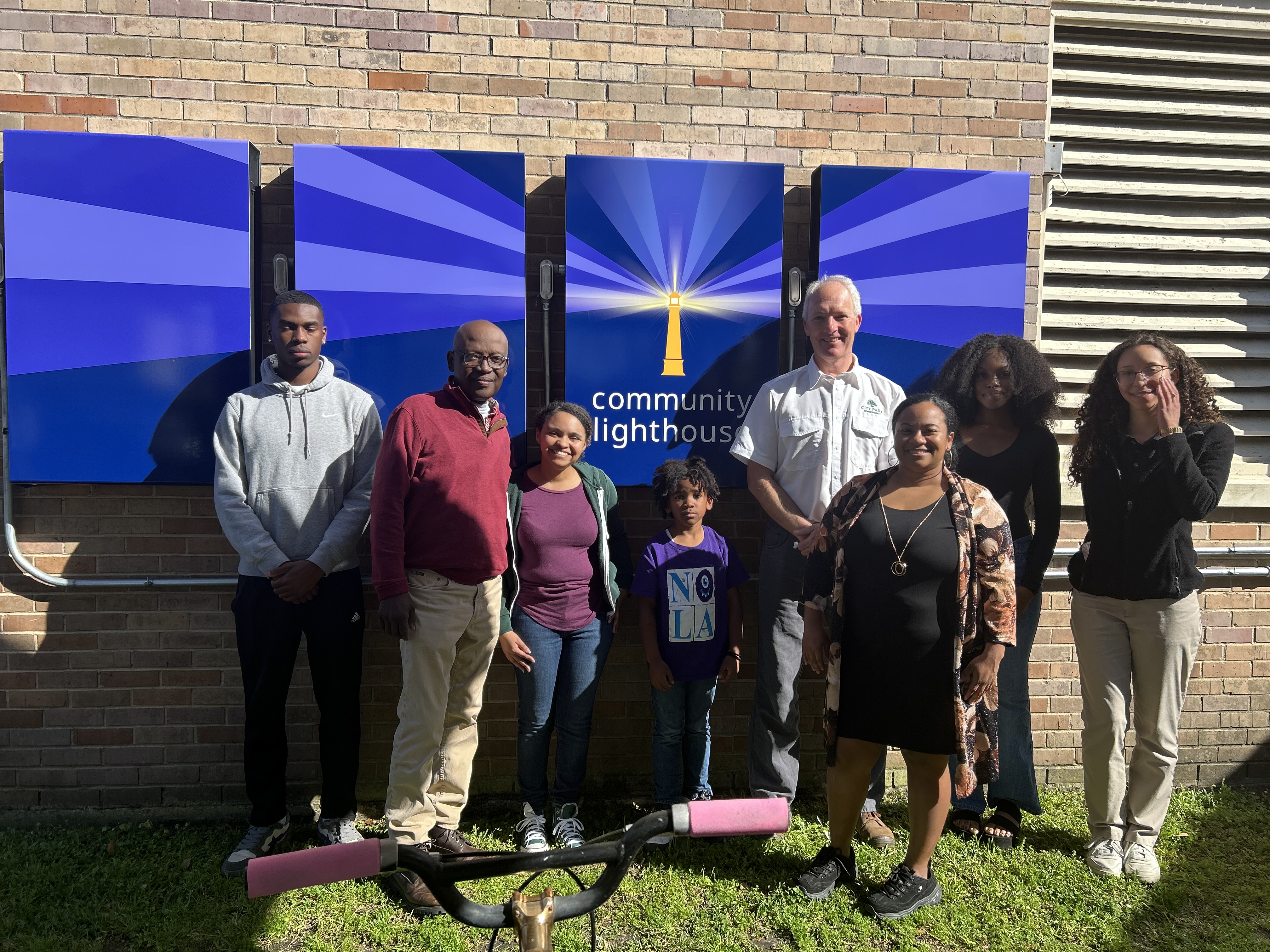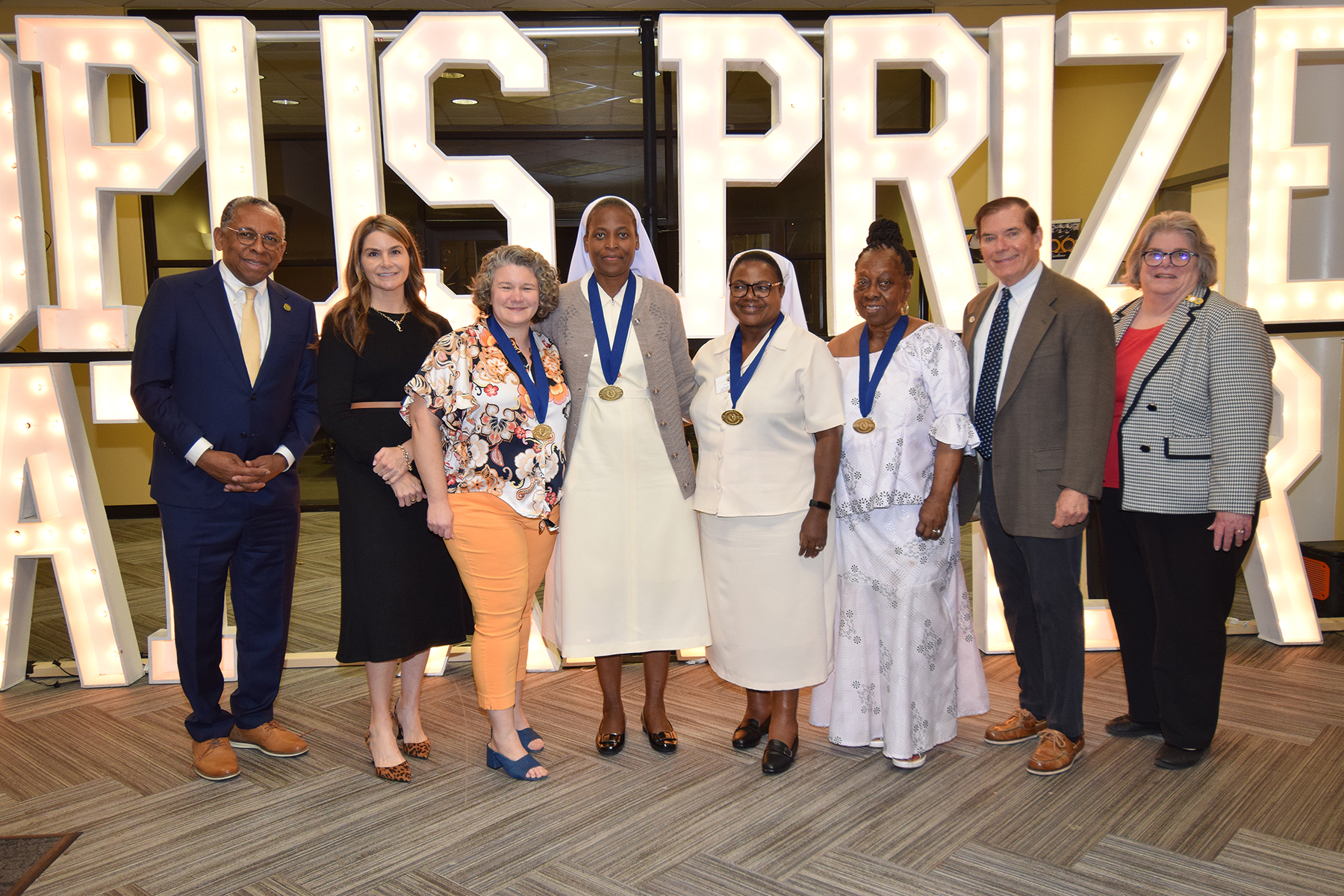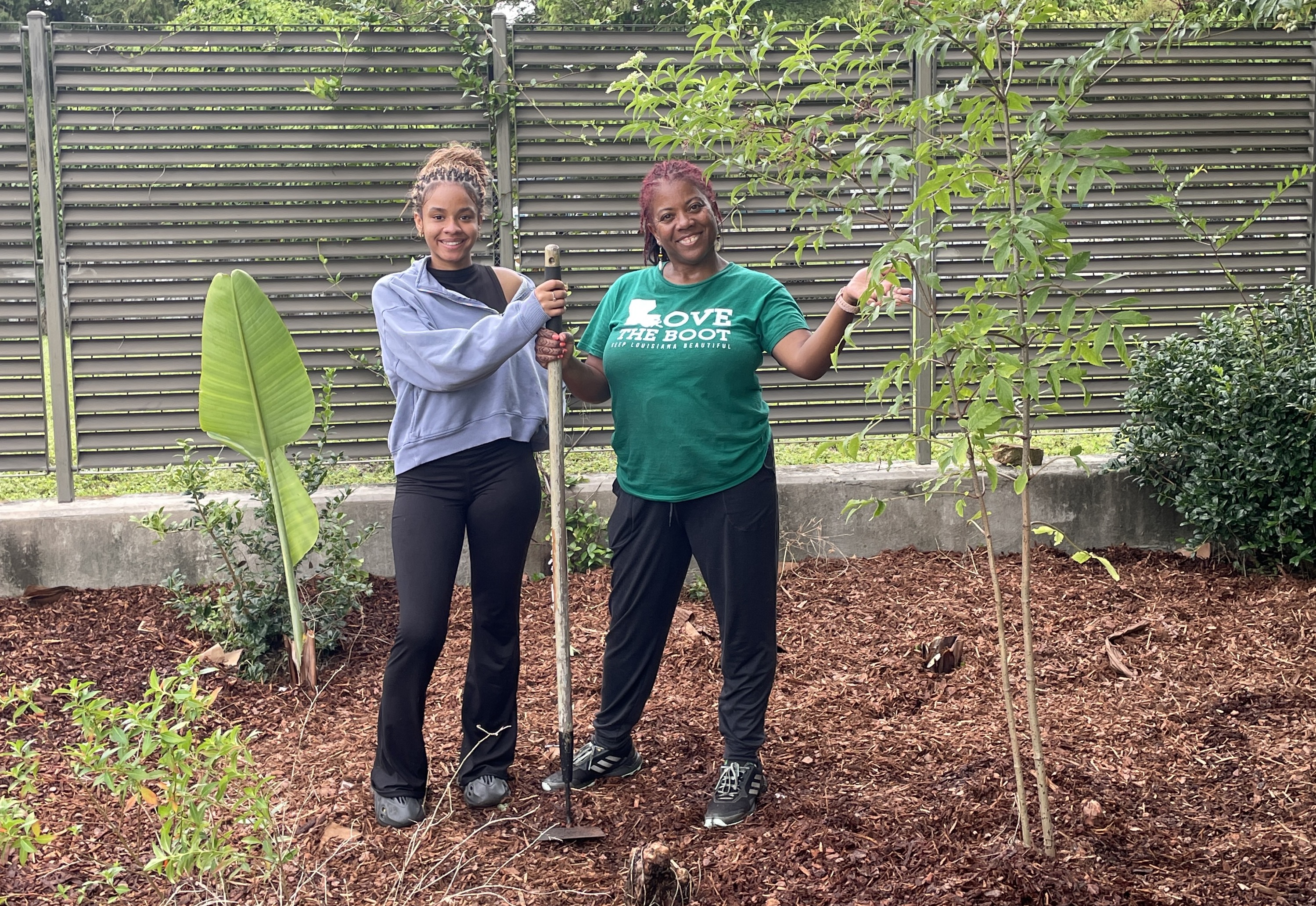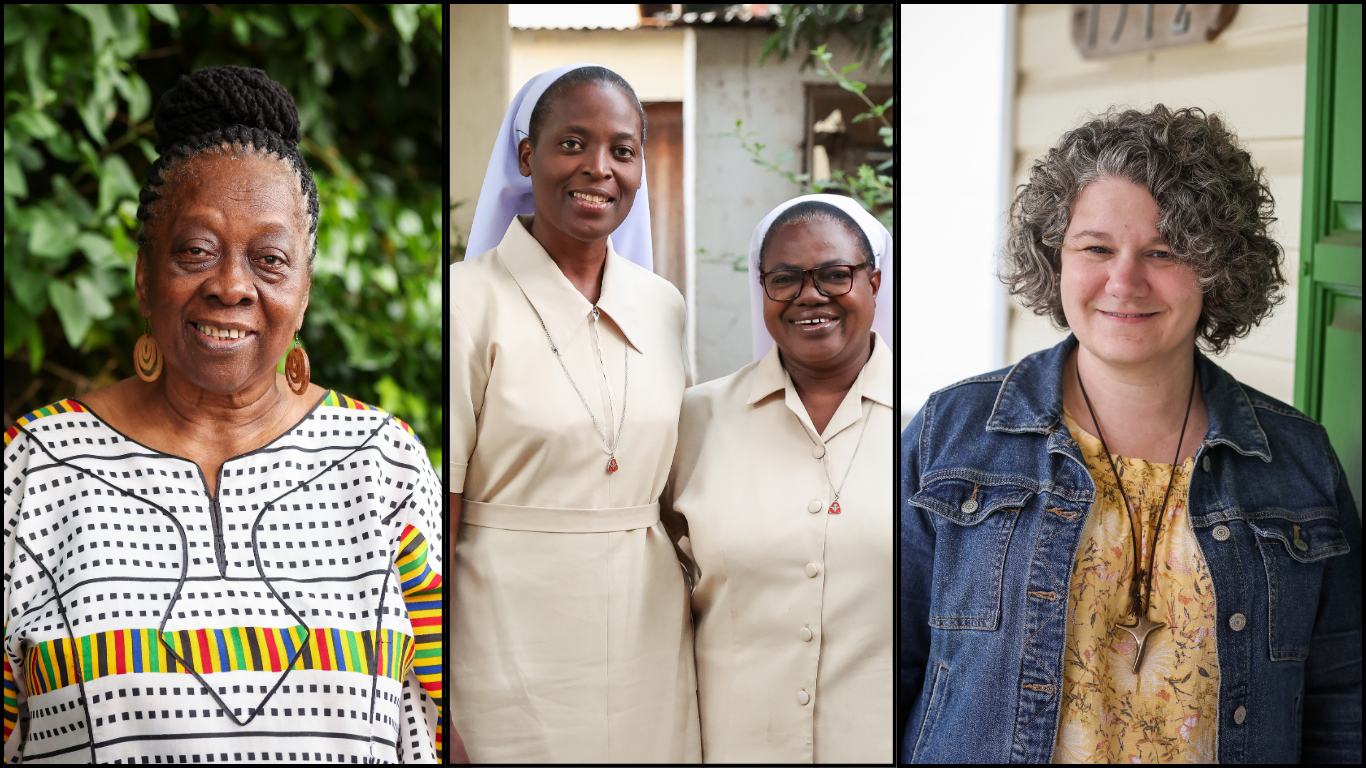Xavier University of Louisiana to Host Traveling Panel Exhibition on Domestic Slave Trade
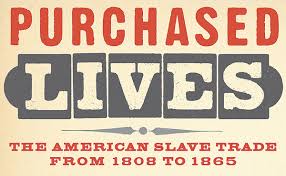
Xavier University of Louisiana Participates in the 2019 National Day for Racial Healing, Hosts Traveling Panel Exhibition And a Series of Conversations About the African American Experience
New Orleans LA – Beginning Tuesday, January 22nd, Xavier University of Louisiana hosts the panel version of the powerful and poignant exhibition “Purchased Lives: The American Slave Trade from 1808 to 1865” and launches six weeks of public discussions about the African American Experience.
All events will be held in Xavier University’s Library Resource Center: 7525 Dixon Street. The exhibition is located on the first floor and accessible during regular Library hours (7:30 a.m. to 2:00 a.m.). Weekly public conversations inspired by the exhibition are scheduled for each Tuesday evening in the Library’s Nissan Room, 6th floor. The sessions start at 6:30 p.m.
The first discussion, “Why History Matters” is also part of the 2019 National Day of Racial Healing events being held in New Orleans. The public conversation is led by Xavier history professor Dr. Sharlene Sinegal-DeCuir and Dr. Erin Greenwald of the Louisiana Endowment for the Humanities. Dr. Sinegal-DeCuir is an Associate Professor whose research focuses on the New South period of American history through the Civil Rights Movement, with particular interest on African-American activism in Louisiana. Dr. Greenwald is Vice President of Content at the Louisiana Endowment for the Humanities and formerly served as senior curator and historian at The Historic New Orleans Collection. She is the curator of the National Endowment for the Humanities-funded traveling exhibition “Purchased Lives: The American Slave Trade from 1808-1865.”
Developed by The Historic New Orleans Collection, “Purchased Lives” examines one of the most challenging eras of U.S. history. Between America’s 1808 abolishment of the international slave trade and the end of the Civil War, an estimated two million people were forcibly moved among the nation’s states and territories. The domestic slave trade wreaked new havoc on the lives of enslaved families, as slave owners and traders sold and shipped surplus laborers from parts of the Upper South to areas in the Lower South. Many of the enslaved passed through New Orleans, which was the largest slave market in Antebellum America.
The traveling exhibition is comprised of ten display panels featuring reproductions of period broadsides, ships manifests, and first-person accounts amongst other artifacts. An interactive iPad kiosk allows visitors to view original newspaper ads for fugitive slaves, ads placed by individuals searching for lost loved ones sold into the trade, and maps of the coastal shipping routes used in the domestic trade.
“Purchased Lives: the American Slave Trade from 1808 to 1865” is an exhibition by The Historic New Orleans Collection in collaboration with the Louisiana Endowment for the Humanities. It is presented by Entergy Corporation with additional support from the National Park Service, National Endowment for the Humanities, and the Kabacoff Family Foundation.
Xavier University’s Center for Equity, Justice, and the Human Spirit is also providing administrative and financial support for the exhibition and weekly programming.
“We are excited to host this important exhibit and the corresponding dialogues for the New Orleans community,” said Dr. David Robinson-Morris, Director for the Center for Equity, Jusitice, and the Human Spirit. “In keeping with its mission, the Center is proud to serve as a critical research, teaching, and public engagement space that develops dynamic programming which will engage community activists, policy makers, subject matter experts, and the Xavier community in thought-provoking conversations aimed at understanding the legacies and contemporary impact of race, class, gender, and systemic inequities.”
He said the “Purchased Lives” exhibit will assist us all in understanding, what Christina Sharpe in In The Wake: On Being and Blackness describes as the “continuous and changing present of slavery’s yet unresolved unfolding.” The exhibit and corresponding programming will force us all to pause and consider: What does it mean, for those of us in the African diaspora of the Americans, to live in the wake of slavery and as “the afterlife of property?”
Dr. Robin G. Vander, Associate Professor of English, African American & Diaspora Studies, and a co-founder of Xavier University’s Performance Studies Lab serves as the Project Director for the exhibition and weekly programming.
In addition, the January 22nd event, there are five other weekly presentations/discussions scheduled during the exhibition’s run including:
Tuesday, Jan. 29 – The Role of Journalism. This session focuses on the role journalism had as a method for families to search for relatives sold into the domestic slave trade. In contemporary times, what role has journalism and social media had in helping families/communities reconnect following separations due to conflicts, migration, natural disasters, missing persons, etc. Especially, what role has the black press assumed in addressing the concerns of people of African descent that are not always covered in majority media outlets? Participants: Shearon Roberts (XU Mass Comm), Renette Dejoie-Hall (Publisher, Louisiana Weekly), Anitra Brown, Editor, New Orleans Tribune)
Tuesday, Feb. 05 – The Importance of Slave Narratives. This session might consider the myriad ways that slave narratives can be read including both autobiography and ethnography. Each critical lens offering insights into persona lives and institutional practices of slavery.
Participants: Jimmy Worthy (XU English), Jerry Ward (Dillard U, English)
Tuesday, Feb. 12 – A conversation in Words and Music. Inspired by Nobel laureate Toni Morrison’s novel Beloved, this session weaves literature, reflection, and musical performances to discuss slavery and the African American experience. **Session held in the Xavier University Katharine Drexel Chapel.Participants: Sr. Eva Lumas (XU Institute for Black Catholic Studies), Wilfred Delphin, Tim Turner, and Marcus Ballard (XU Music), Robin G. Vander (XU, English, AADS, and Performance Studies Lab).
Tuesday, Feb. 19 – Family Histories.
Inspired by the Georgetown University history with slavery and the separation of families via the domestic trade to in Louisiana, this session highlights genealogy research. It can include practical information on how to begin searches and resources available, to sharing highlights of family histories in Louisiana. This also includes considerations of Creole family histories. Participants: Wendy Gaudin (XU History), Jari Honora (professional genealogist)
Tuesday, Feb. 26 – Reclaiming African American Legacies and the Human Spirit. This session spotlights recent projects on African American history in the Greater New Orleans and surrounding areas. These projects include historical research as content for self-guided walking tour app, a series of cards used in teaching history. Session might also highlight an additional walking tour of African American history and along with details of recreating historic moments in African American history. This session considers history in the present, and perhaps provides a working response/addition to the first session, Why History Matters. Participants: David Robinson-Morris (XU, Institutional Advancement; Center for Equity, Justice, and the Human Spirit; Education), Freddi Williams Evans (Ashe Cultural Center), Laura Tennyson (Contemporary Arts Center), and Leon A. Waters (Hidden History).
